10 Book-to-Movie Adaptations That Missed the Point Completely

Let’s face it, the filmmakers here took a sharp left turn and landed somewhere the authors probably never intended.
1. "The Golden Compass" (2007)
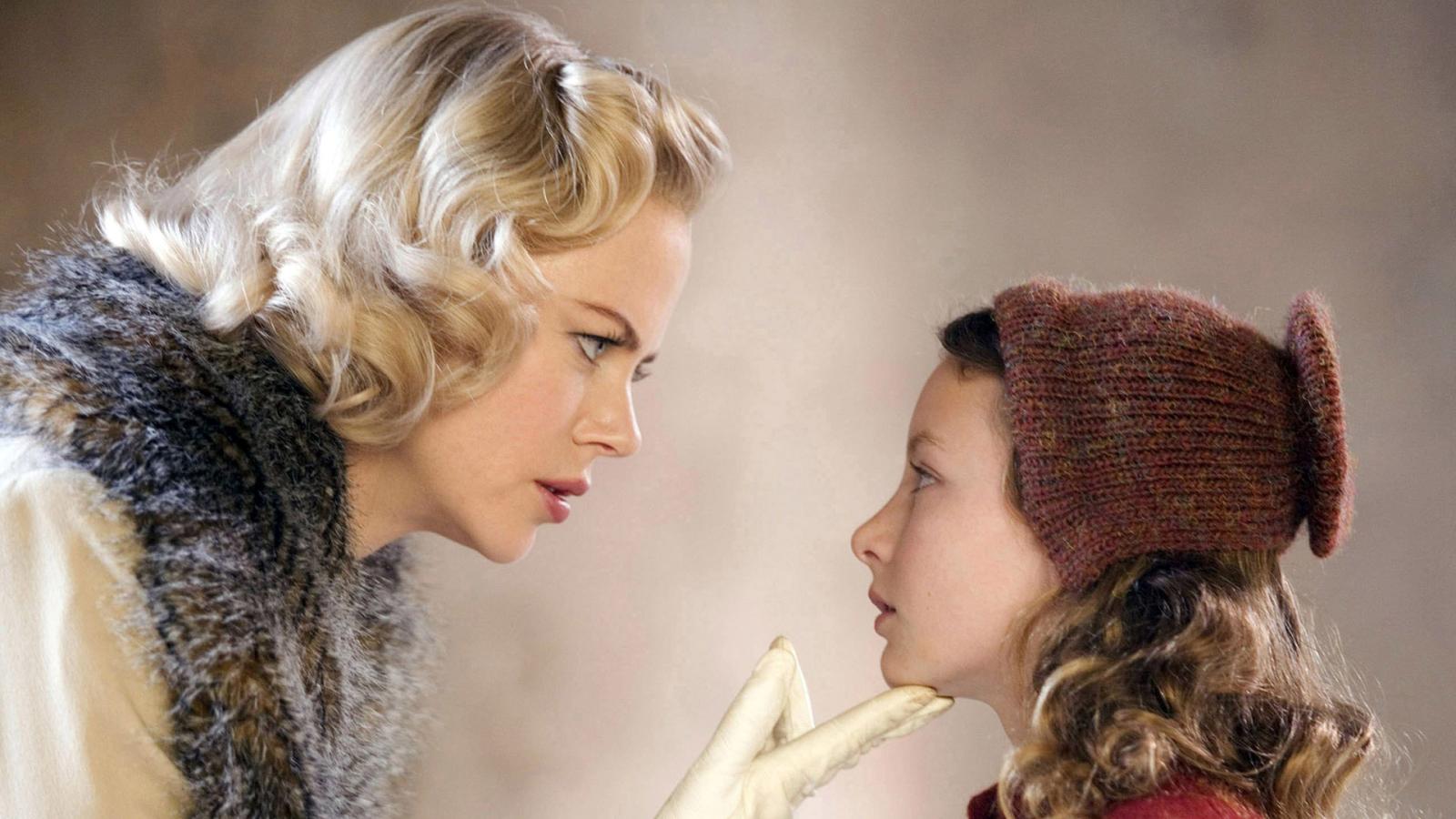
Let's kick off with an adaptation that not only missed the point but also seemed to run away from it. Philip Pullman's "His Dark Materials" series is renowned for its critical views on organized religion. However, in the movie "The Golden Compass," these themes were diluted to the point of irrelevance.
Despite an all-star cast including Nicole Kidman and Daniel Craig, and a respectable $372 million box office return, the film managed to earn a mere 42% on Rotten Tomatoes. Even Pullman reportedly said he would not be watching the adaptation of his material. Guess the compass wasn't so golden after all.
2. "The Great Gatsby" (2013)
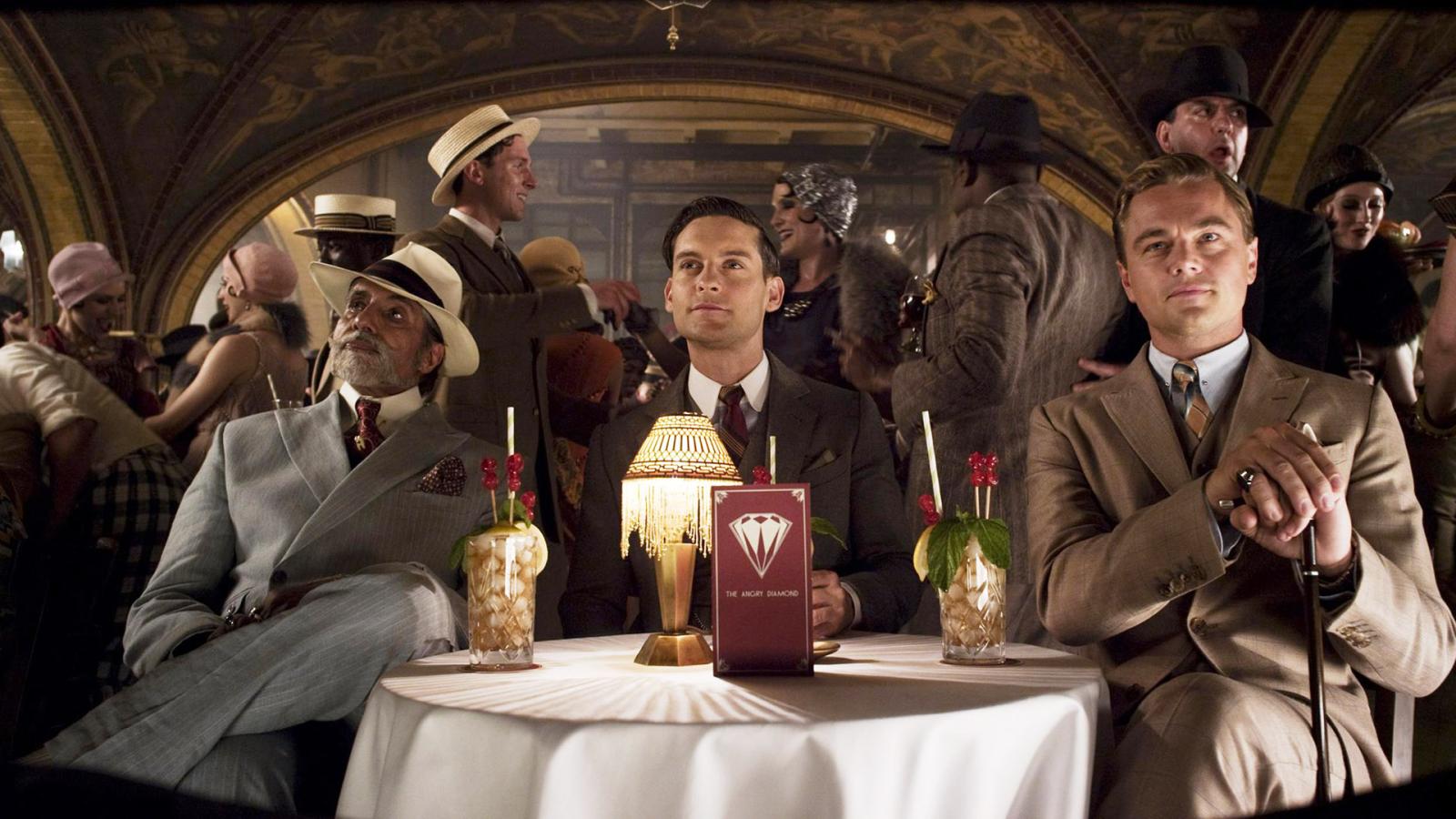
Baz Luhrmann's adaptation of F. Scott Fitzgerald's "The Great Gatsby" was, in essence, a gorgeous, glittering shell with little of the novel's soul inside. The movie was full of spectacle and glamour but overlooked the emptiness, the moral decay, and the critique of the American Dream inherent in Fitzgerald's work.
Despite mixed reviews, the film was a commercial success, grossing over $353 million worldwide. Leonardo DiCaprio and Carey Mulligan's performances were applauded, but the film's hip-hop soundtrack and over-the-top visuals distracted from the source material's heart.
3. "Eragon" (2006)
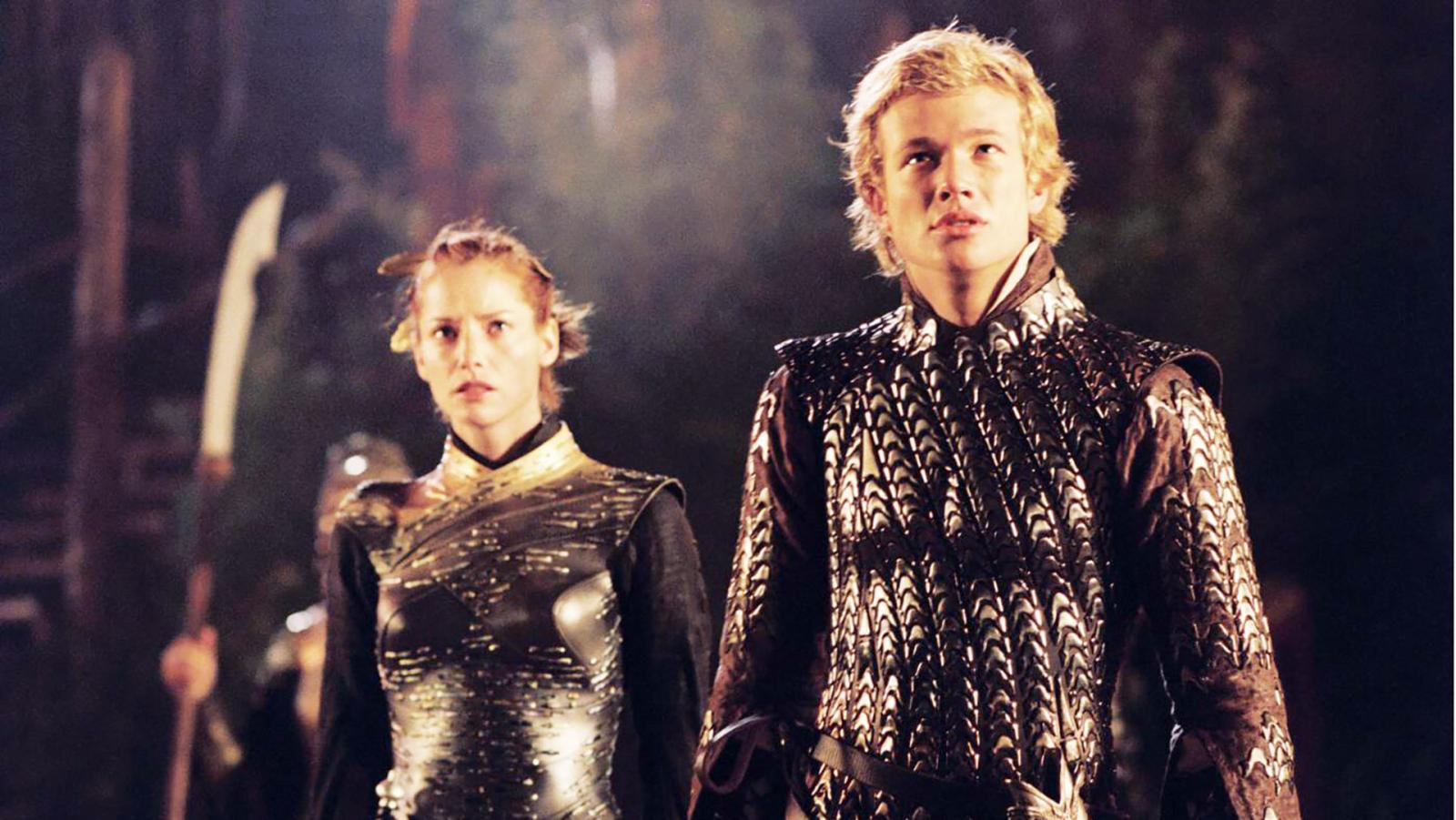
Next up, "Eragon," a film that gives the term "missing the point" a run for its money. The adaptation of Christopher Paolini's beloved novel stripped the source material of its complexity, flattening characters, and simplifying the plot to an almost comical degree. With a lukewarm reception, 16% Rotten Tomatoes rating, and no Golden Globe or Oscar noms, it's fair to say the film didn't exactly soar like a dragon. Despite a moderate box office success, the film never spawned the franchise that producers undoubtedly hoped for.
4. "The Hobbit" Trilogy (2012-2014)
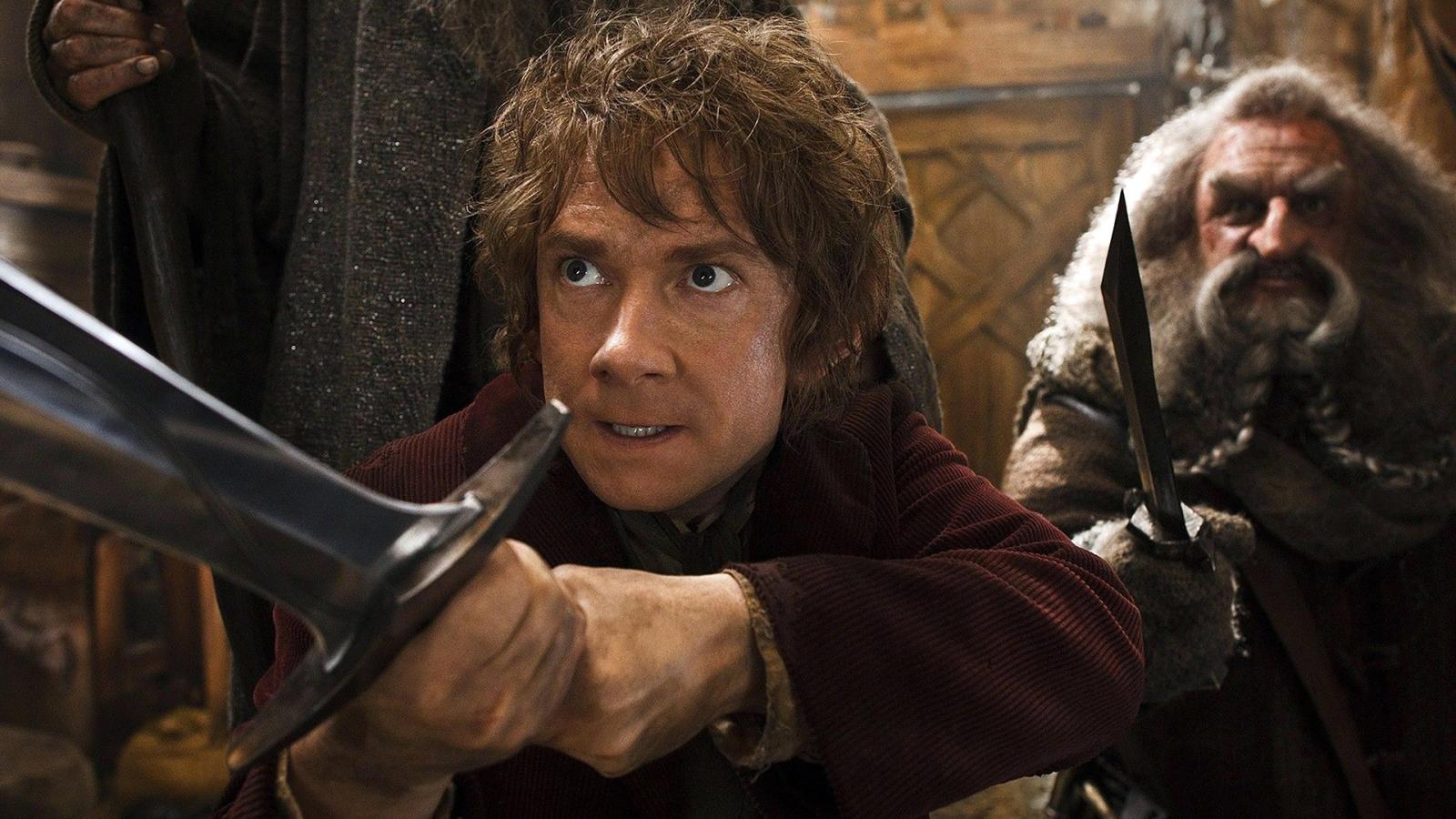
Peter Jackson's decision to turn a 300-page book into a trilogy raised eyebrows from the start. While "The Lord of the Rings" was lauded for its epic scope, "The Hobbit" didn't need the same treatment. Unfortunately, the focus on spectacle over substance meant the whimsy and charm of J.R.R. Tolkien's novel got lost faster than Bilbo in Mirkwood. The trilogy grossed an impressive $2.93 billion worldwide, but received mixed reviews from critics and fans alike.
5. "The Cat in the Hat" (2003)
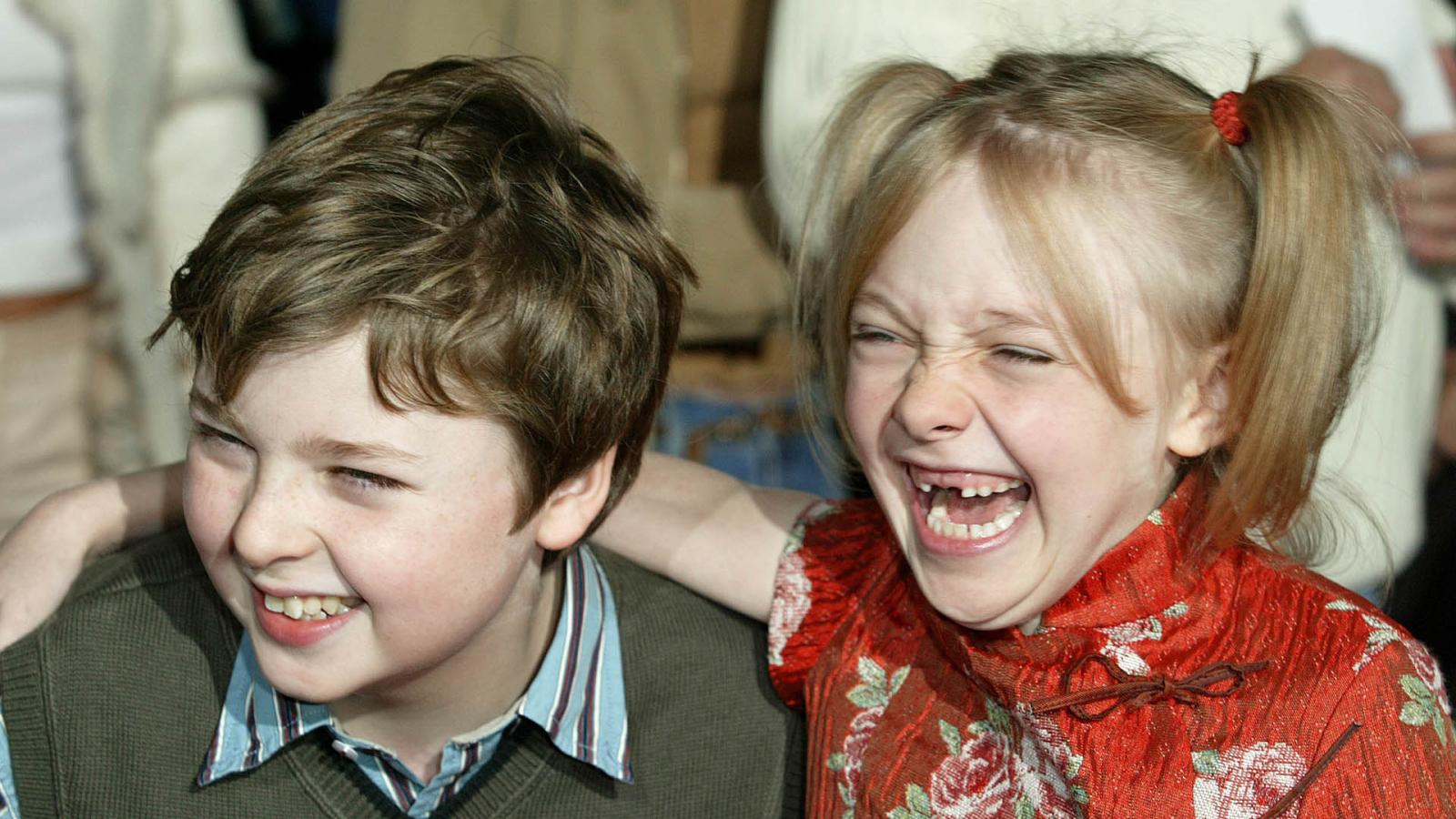
You might think a Dr. Seuss book would be difficult to mess up, but "The Cat in the Hat" proved us wrong. The film took Seuss's simple yet charming story and turned it into a garish, humorless romp, leaving the audience to wonder where the fun had gone. Mike Myers, who played the titular Cat, reportedly clashed with the film's producer, Brian Grazer, throughout production.
The movie ended up with a mere 9% on Rotten Tomatoes and was such a debacle that Dr. Seuss's widow, Audrey Geisel, decided no more live-action adaptations of her husband's works would be made.
6. "I, Robot" (2004)
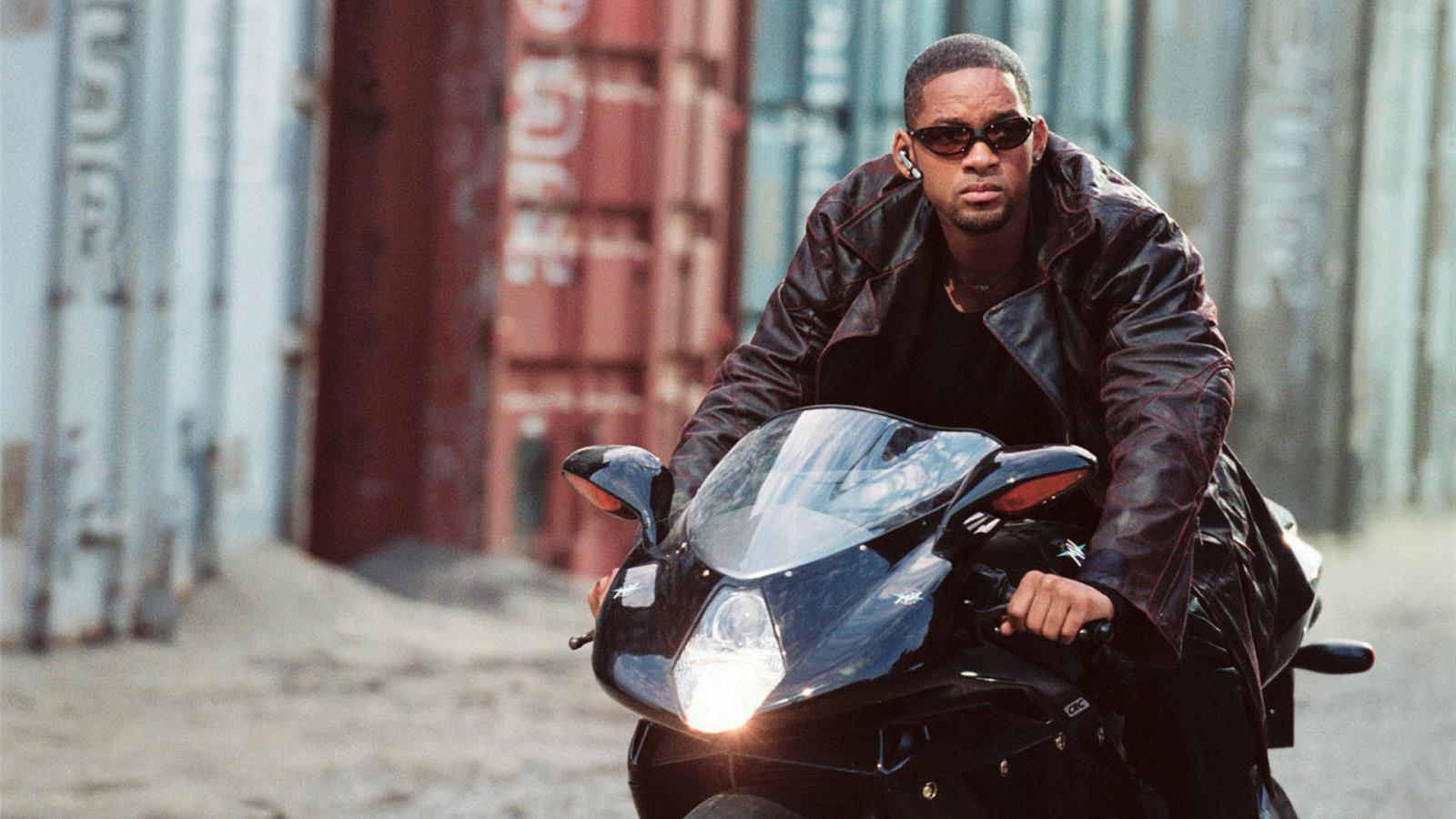
On the surface, you'd think a film featuring Will Smith and robots couldn't go wrong, right? Well, let's talk about "I, Robot". While Isaac Asimov's original short stories were a thoughtful exploration of human interaction with robots and the potential ethical implications, the movie veered off into a standard Hollywood action flick territory.
Despite pulling in a solid $346 million at the box office, the film was criticized for its simplistic plot and deviation from Asimov's nuanced themes. It seems the filmmakers forgot Asimov's first law of robotics: a robot may not harm a storyline, or through inaction, allow a storyline to come to harm.
7. "Percy Jackson & The Olympians" Series (2010-2013)
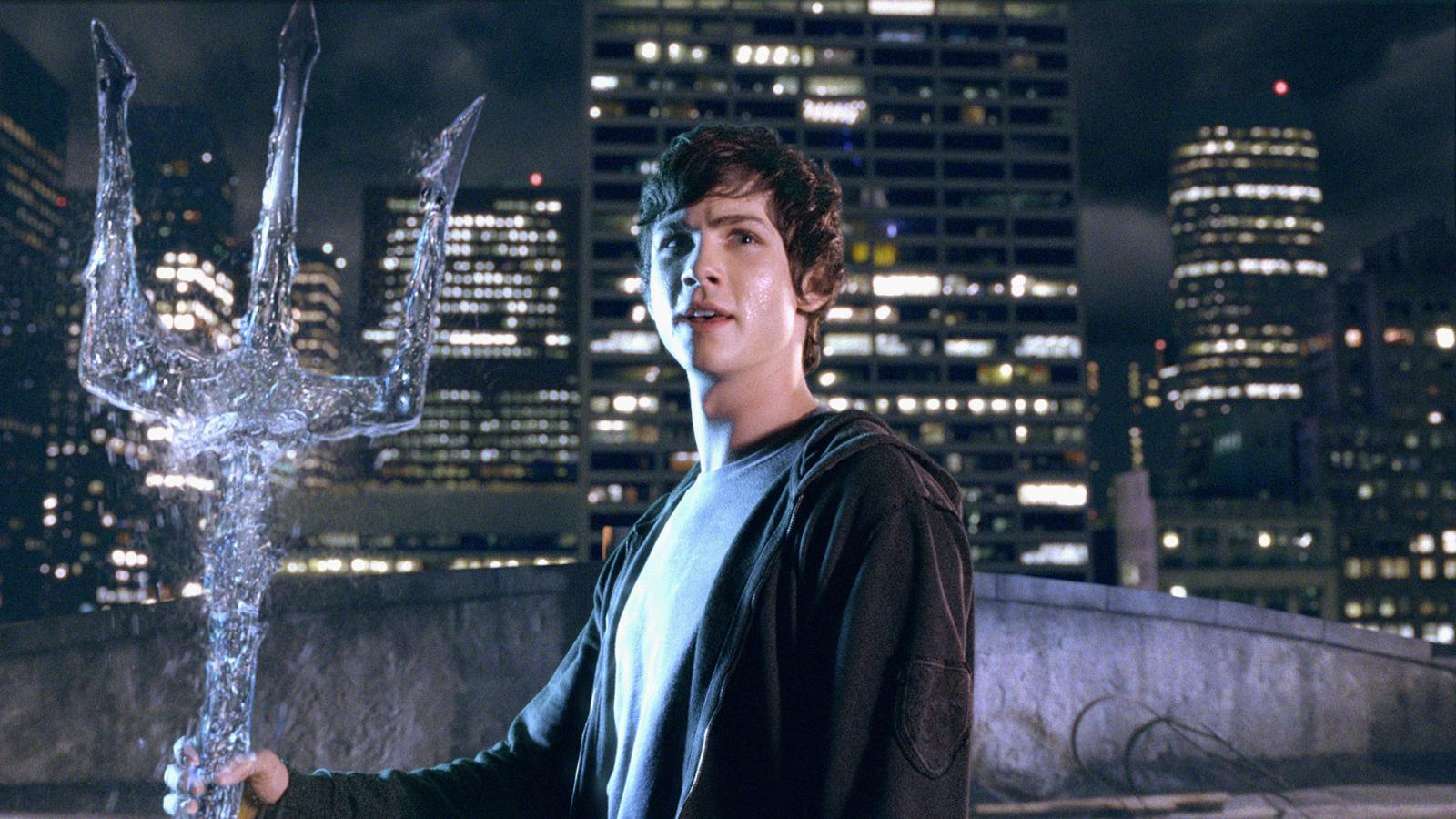
When the protagonist of your books publicly disowns the film adaptations, you know something's gone awry. Rick Riordan's "Percy Jackson" series is adored for its clever intertwining of Greek mythology with the modern world. However, the film adaptations managed to wash out the intricate details, mischaracterize beloved characters, and basically miss the entire point.
Even though the movies grossed over $425 million worldwide, they were met with negative reviews, with ratings of 49% and 39% on Rotten Tomatoes, respectively. Hopefully, Disney+ TV series will be able to do better.
8. "The Scarlet Letter" (1995)
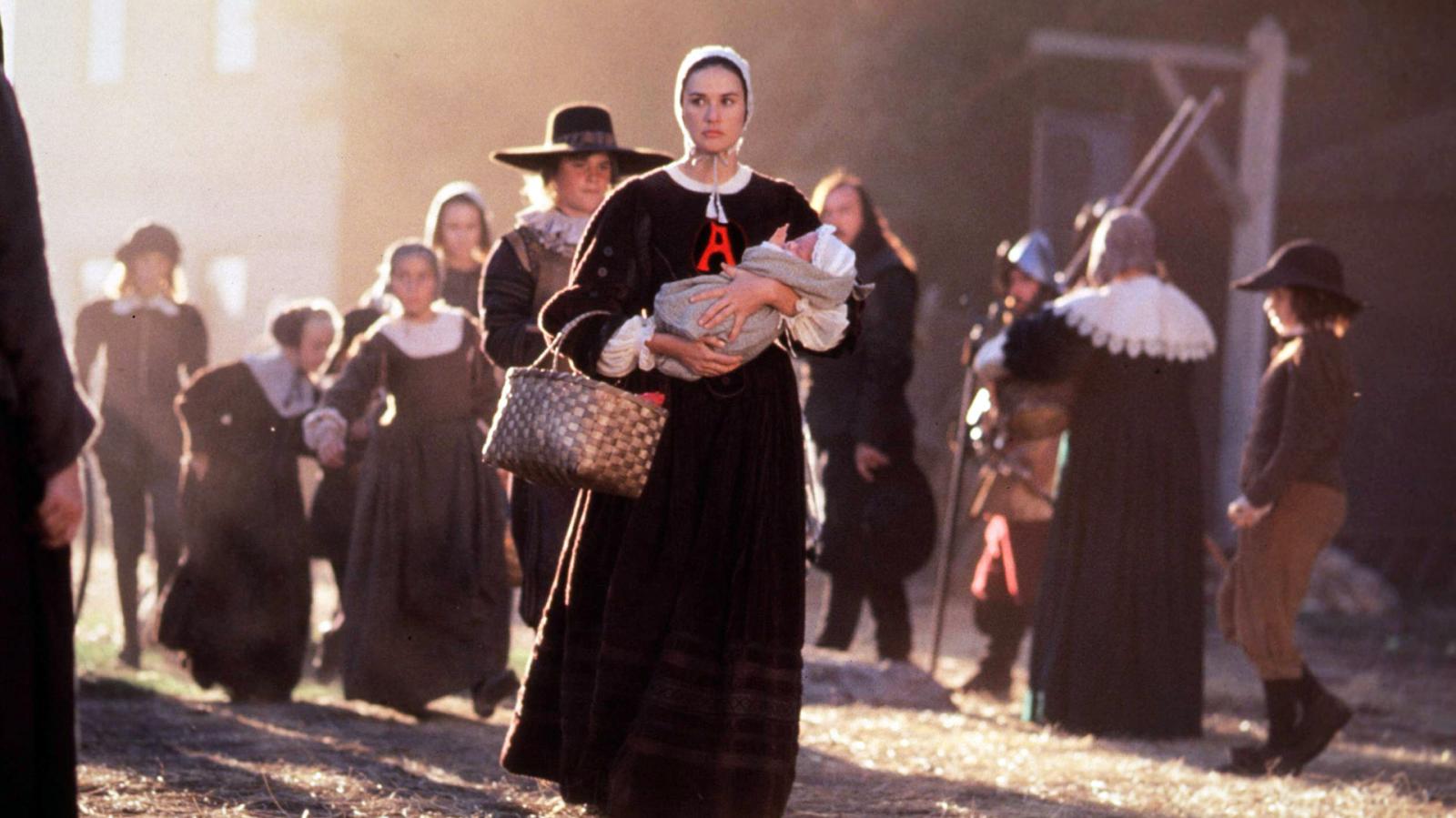
In "The Scarlet Letter", Nathaniel Hawthorne's classic tale of guilt, sin, and society was morphed into a love story with a happily-ever-after ending. The film, starring Demi Moore and Gary Oldman, entirely missed the very essence of the book. Despite an Oscar nomination for the Original Score, it bombed at the box office and was panned by critics, earning just 13% on Rotten Tomatoes. It also won the Golden Raspberry Award for Worst Remake or Sequel. Now, that's a scarlet letter no one wants to wear.
9. "World War Z" (2013)
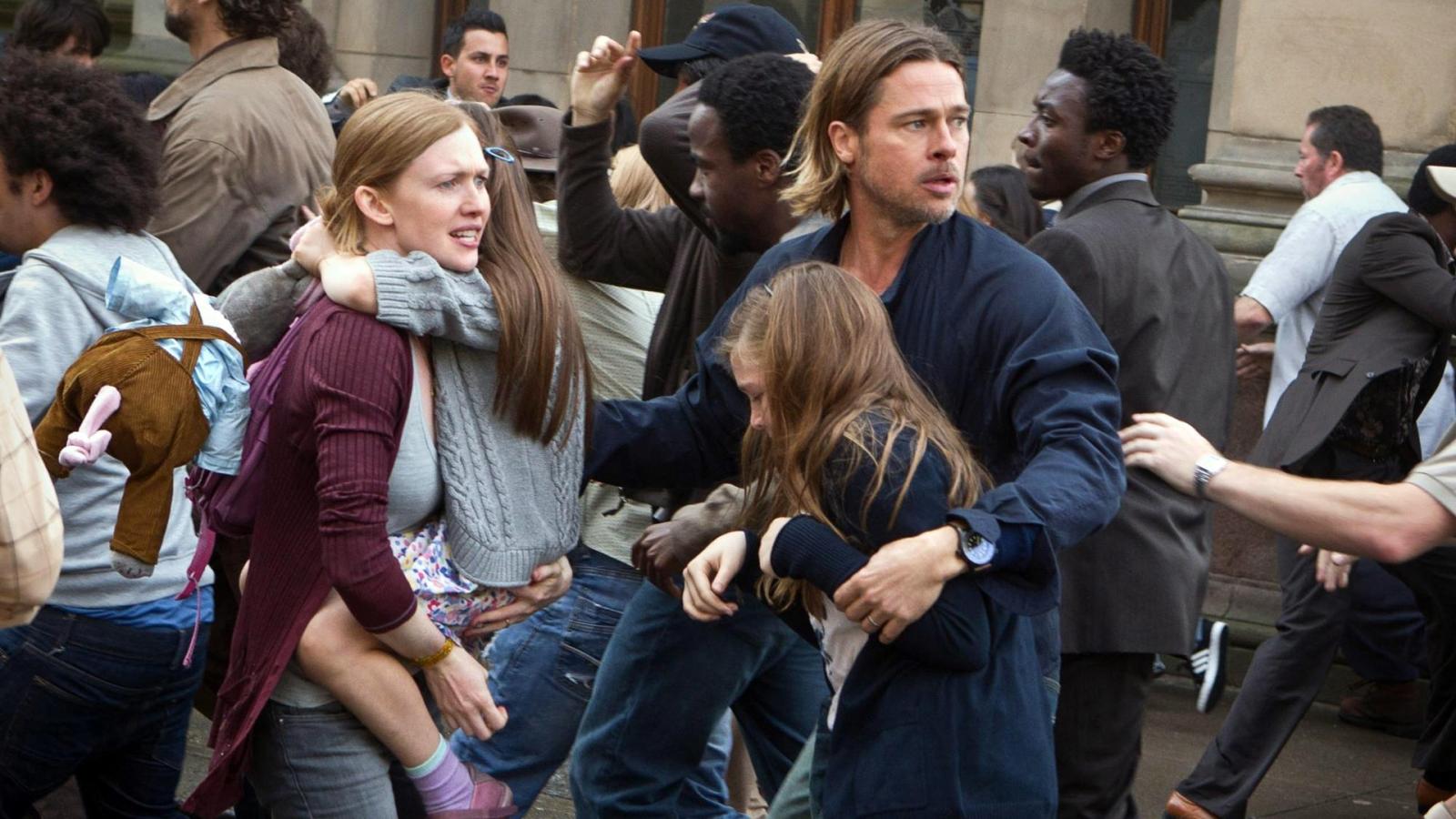
From Max Brooks's smart, thought-provoking novel about global political responses to a zombie apocalypse, we got... Brad Pitt running from fast zombies for two hours. The film became more about flashy action sequences than the geopolitical satire and societal critique the book so elegantly presented.
Despite the criticism, the film raked in over $540 million at the box office and received a 66% rating on Rotten Tomatoes. But if Brooks's book was a shrewd political allegory, the movie was a popcorn flick where the zombies ran faster than the plot.
10. "Dune" (1984)
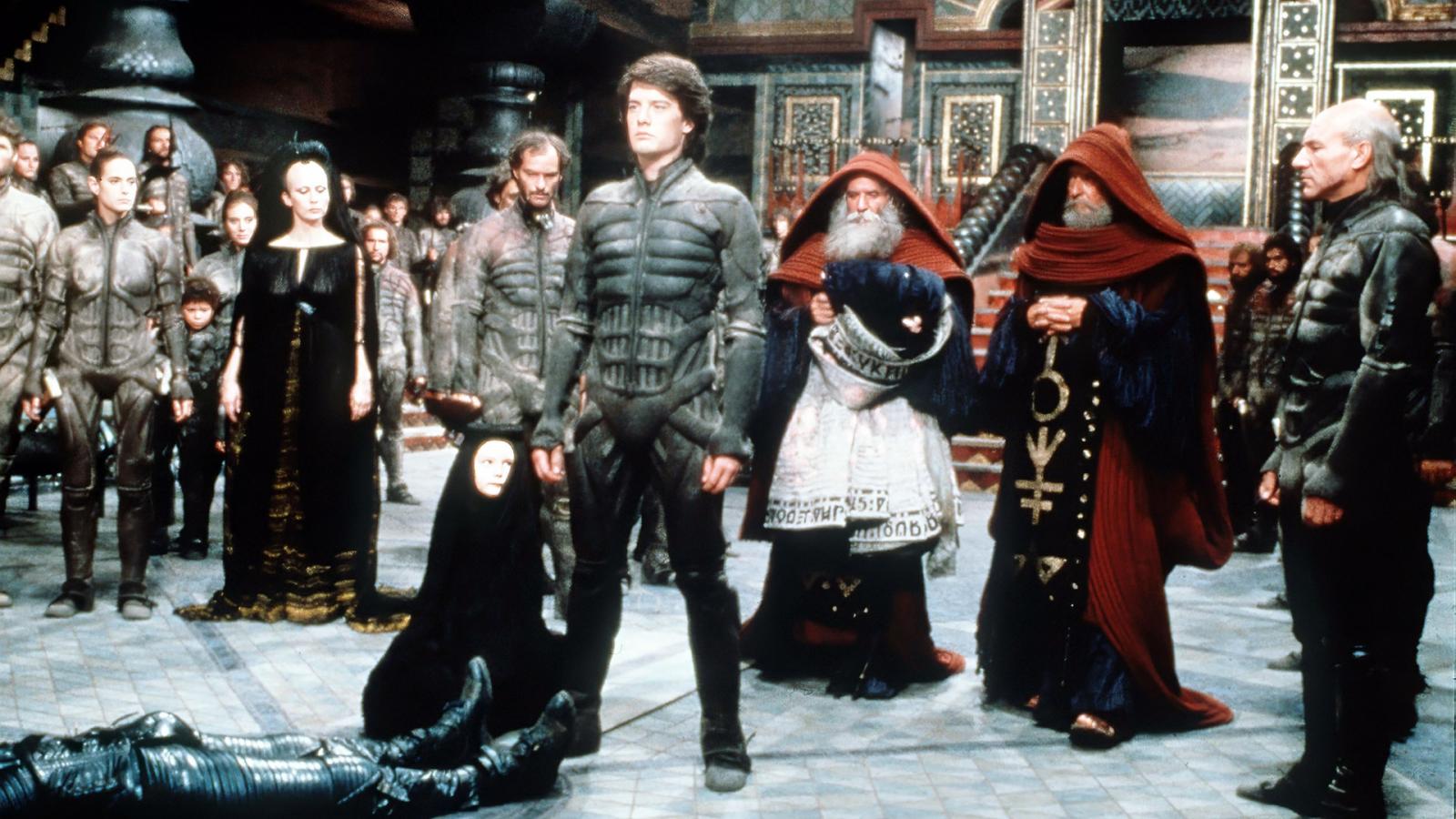
While Lynch is an acclaimed filmmaker, his surreal style didn't quite mesh with the political intrigue and complex world-building of Herbert's novel. Behind the scenes drama, creative differences, and an overblown budget plagued the production. The film flopped at the box office and was panned by critics, earning only a 40% Rotten Tomatoes rating. Lynch has since disowned the film, and "Dune" remains a textbook example of how not to adapt a beloved science fiction classic.